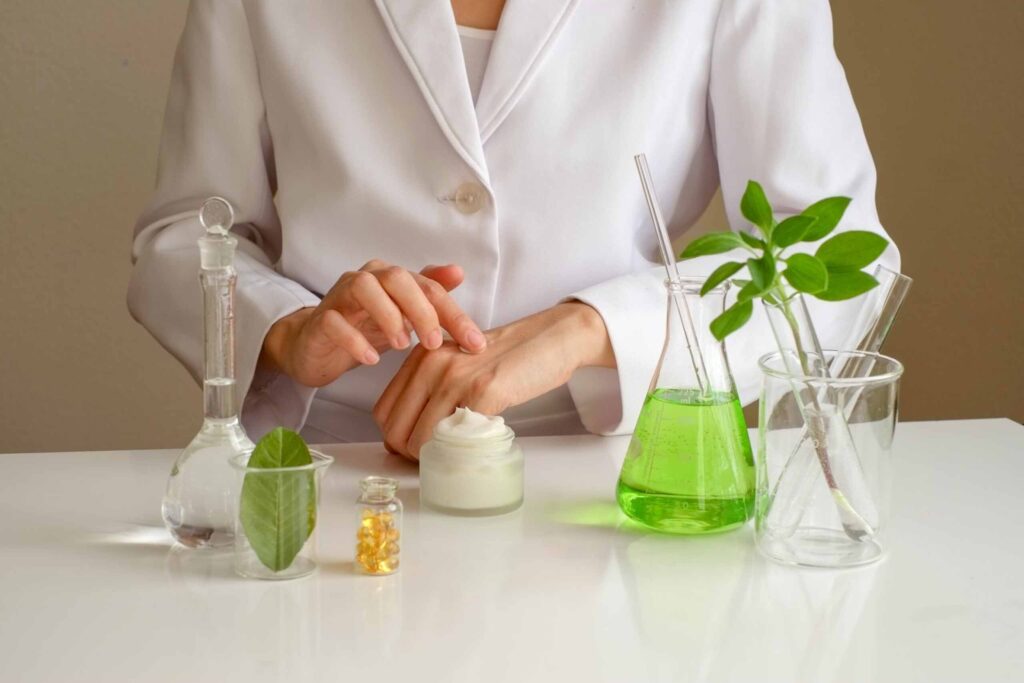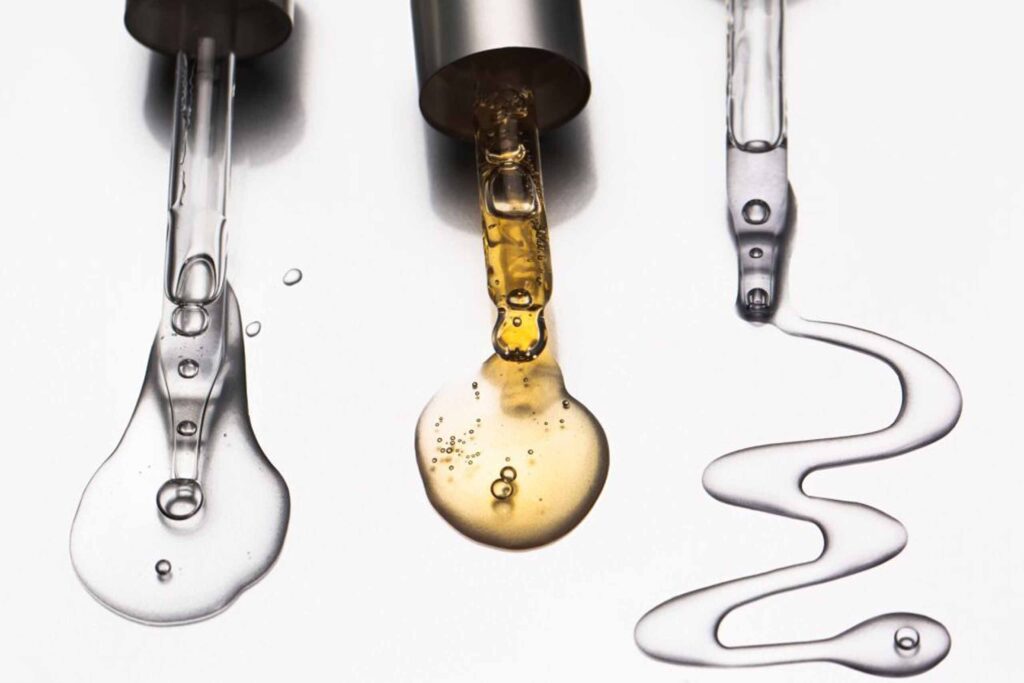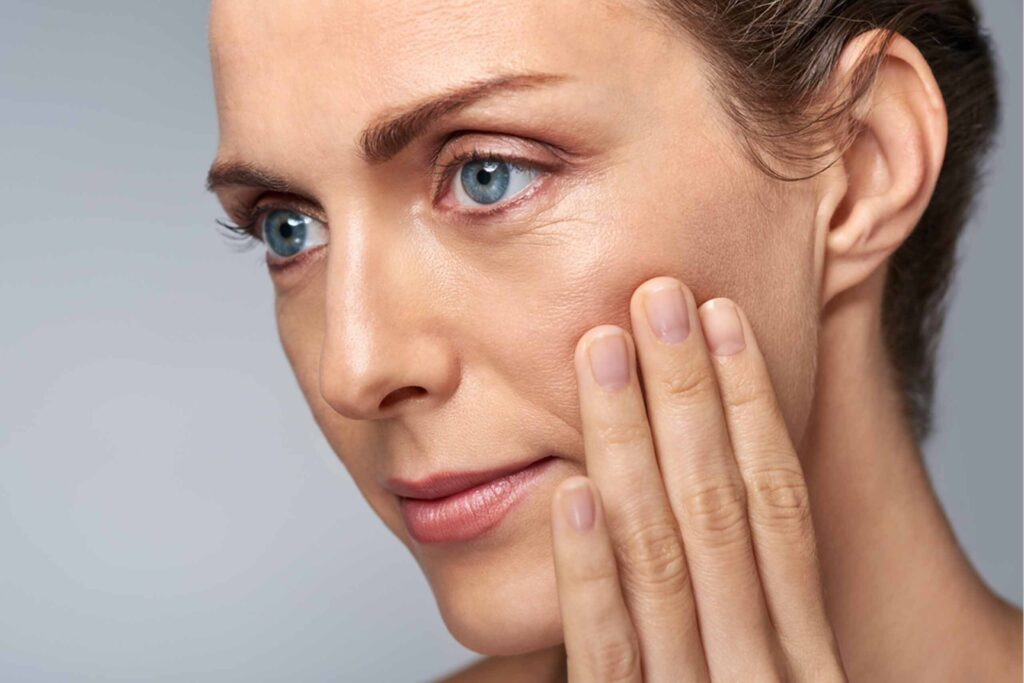
Is Glowing Skin a Sign of Health and Wellness?
How Skin Reflects Inner Health Your skin is your body’s largest organ. It protects you from harmful elements in the

Skincare is more than just applying creams and hoping for clear skin. It is science. It includes biology, chemistry, and dermatology. But here’s the problem—most people find skincare confusing. Why? Because there is too much information, too many products, and too many promises.
In this blog, we will break down the science behind skincare in simple terms. We’ll explain why it feels so complicated and how you can better understand your skin’s needs. And yes, we’ll show you how to choose products that actually work.
Science Behind Skincare is all about how ingredients work with your skin. It studies how the skin reacts to different products and what helps it heal, hydrate, and stay healthy.
The skin is your body’s largest organ. It protects you from bacteria, UV rays, and pollutants. It keeps moisture in and harmful things out. So when we talk about skincare, we are really talking about taking care of this important organ.
There are three layers of skin:
Skincare products mostly work on the top two layers. Good products improve how these layers function. But to do that, they must use the right ingredients in the right way.

Let’s face it. Skincare is overwhelming. Here’s why:
Walk into any beauty store or search online, and you’ll find thousands of skincare products. Serums, toners, moisturizers, essences, ampoules… what do they all do? It’s hard to know which one you really need.
Have you ever looked at the back of a product? You’ll see names like “Niacinamide,” “Hyaluronic Acid,” or “Ascorbic Acid.” These are not easy to understand unless you have a science background.
One expert says Vitamin C is a must-have. Another says avoid it if you have sensitive skin. Some say oil is bad, others say oil is great. It’s confusing when professionals disagree.
Terms like “clean beauty,” “non-toxic,” or “natural” are everywhere. But these terms are not regulated. One brand’s idea of “clean” can be different from another. It’s easy to get misled.
What works for one person might not work for you. Your friend may love a product, but your skin may hate it. Everyone’s skin is unique, which adds to the confusion.
To understand skincare, you need to know what ingredients do. Here are some common ones explained simply:
Each ingredient has a specific purpose. But mixing the wrong ones can cause more harm than good.
Your skin is like a sponge. It absorbs ingredients to heal, hydrate, or protect. But not all ingredients penetrate the same way. Some stay on the surface, while others go deeper.
Let’s take moisturizers as an example. They often contain three types of ingredients:
A good moisturizer uses all three. But if your skin is oily, you may not need strong occlusives. If it’s dry, you’ll need more emollients and humectants.
One major reason skincare is confusing is that everyone’s skin is different. Your skin type, environment, hormones, and age all affect what works for you.
That’s why copying someone else’s routine often doesn’t work. What your skin needs today might also change in six months. Seasons change. Hormones change. Even stress can affect your skin.
The skin barrier is a protective layer on the top of your skin. It keeps moisture in and bacteria out. If this barrier is damaged, your skin can become dry, red, or itchy.
Many skincare issues like acne, eczema, and sensitivity come from a weak skin barrier.
Harsh cleansers, over-exfoliating, and using too many active ingredients can damage it. To heal it, you need to use gentle products and moisturizers that support the skin barrier.
Ingredients that help:
Protecting your skin barrier should always be your first skincare goal.
Your skin has a natural pH between 4.7 and 5.75. This slightly acidic level helps protect against bacteria and keeps the skin barrier healthy.
Some products have a higher pH (alkaline), which can strip your skin. Others are too acidic and can irritate.
Balanced products help your skin stay calm and clear. That’s why choosing well-formulated skincare with the right pH is important, even if it’s not often talked about in marketing.
People often think “natural” is better. But here’s the truth—everything is a chemical. Water is a chemical. Oxygen is a chemical. And not all natural things are safe. Poison ivy is natural, but you wouldn’t want it on your face.
What matters is how the ingredient works with your skin. Lab-made ingredients are often more stable and safe because they are controlled for purity. The goal is safety and performance, not the source.
You might think more products mean better results. But that’s not true. Using too many actives (like retinol, acids, or vitamin C) at once can damage your skin.
Start slow. Use fewer products and build up. A basic routine of cleanser, moisturizer, and sunscreen is often enough. You can add more based on your skin goals.
Brands want to sell. So they often use buzzwords to attract customers. Terms like “anti-aging,” “pore-minimizing,” or “wrinkle-erasing” are everywhere. But many of these are not backed by science.
Also, influencers and celebrities are paid to promote products. They might not even use the products they recommend. This adds to the confusion for everyday consumers.
It’s important to look at clinical studies, ingredient lists, and real results, not just marketing hype.
Here’s a simple routine that works for most people:

Morning:
Night:
Adjust based on your skin type and concerns. Always patch-test new products.
With so many skincare brands out there, it’s important to choose trusted names that use science-backed ingredients and formulations.
Jasyn Michael Skincare is one of the brands that stands out in this space. Their products are crafted with carefully selected ingredients that support skin health without harsh chemicals or confusing claims. Whether you have dry, oily, or sensitive skin, Jasyn Michael Skincare offers clean, effective, and easy-to-understand options. The brand believes in transparency, and their products focus on real results, not trends. If you’re looking to start a smarter skincare journey, Jasyn Michael Skincare is a reliable place to begin.
Skincare is science—but it doesn’t have to be scary. The confusion often comes from marketing, misinformation, and trying too many things at once.
Here’s how to make it easier:
And remember, healthy skin doesn’t mean perfect skin. It means skin that feels good, stays protected, and is well cared for.
Let science guide you, but keep it simple. Your skin will thank you.

How Skin Reflects Inner Health Your skin is your body’s largest organ. It protects you from harmful elements in the

Is It Just Genetics? Genetics play a role, yes. Some people are born with skin that is naturally less oily

Step 3: Serum – Targeted Treatment Why? Serums contain concentrated active ingredients to treat specific concerns like wrinkles, dark spots, or

What is Skincare? Skincare means caring for your skin with products and habits. This includes cleansing, moisturizing, using sunscreen, and